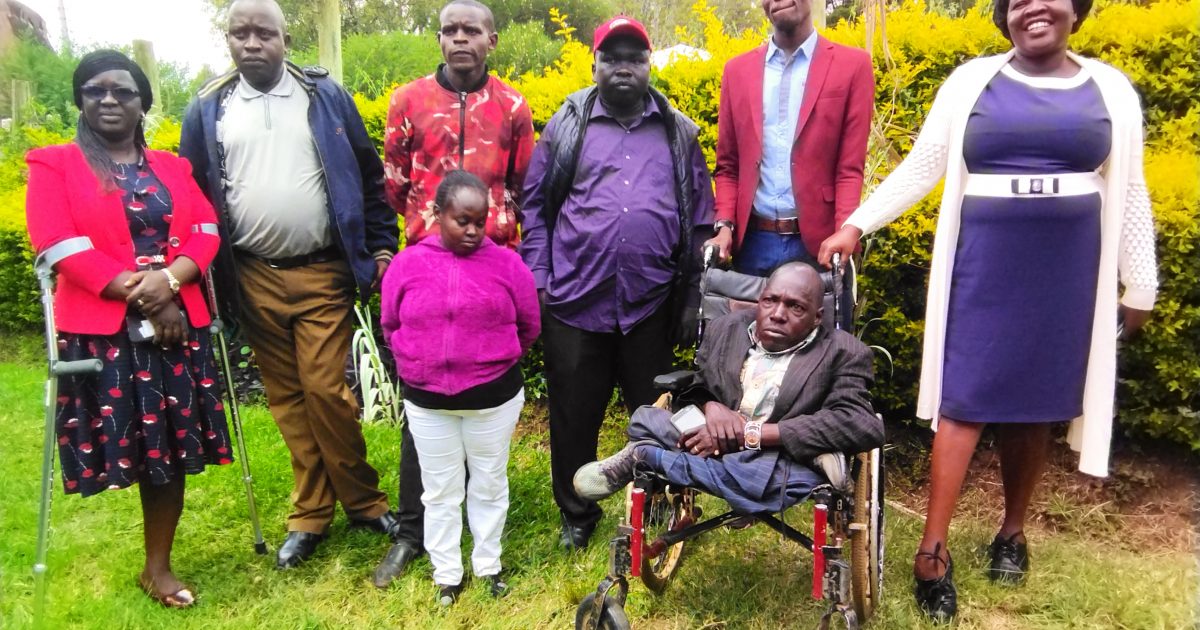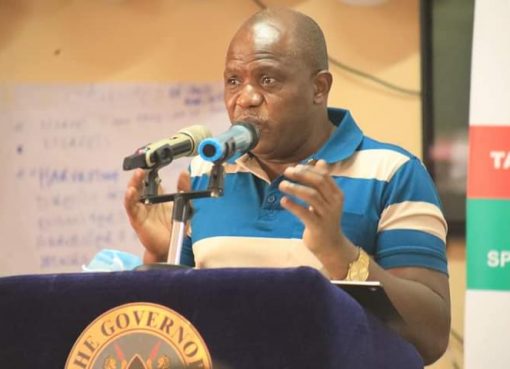People living with disabilities (PWDs) have protested the lack of representation by the Uasin Gishu County government in appointments following the naming of the County Executive Committee by Governor Jonathan Chelilim.
Speaking during a meeting held by all the leaders of PWDs in Eldoret town, the group representative Beatrice Cherop, said that despite the glaring bias witnessed during the appointment of the executives, directors and chief officers of the county government they are going to work with the current government.
“We want the five percent reservation for people living with disability in terms of employment included. We know that nowadays people living with disabilities are educated and can now compete in the job market just like any other person,” said Cherop.
They also urged the government to consider the PWDs in future appointments of the county staff since they are majority of them who are educated and qualified to support the county government to steer sustainable economic development
The PWDs further commended the national government for the support they have been receiving and promised to work with them to ensure that all the people living with disabilities are also catered for in the new government.
On his part, one of the PWD leaders Wilson Mulwo expressed confidence in the current county and national government leadership that they would come up with proper plans to address the needs of the people with disabilities.
“We have high hopes in the new government led by the President. Our role as leaders is to ensure that the government serves justice to PWDs at the county level and ensure that everyone is included and catered for,” said Mulwo.
He urged the county leadership to establish for them an office to provide them with a platform where they could raise their complaints from time to time concerning their needs.
On the other hand, Phoebe Chepchumba, one of the PWDs, asked the county leadership to find ways to enable the people with disabilities to get employment in order to be economically capable to fend for their family needs like paying for their children’s education, health services and others.
By Anastacious Chepkemoi and Vivian Masiga





